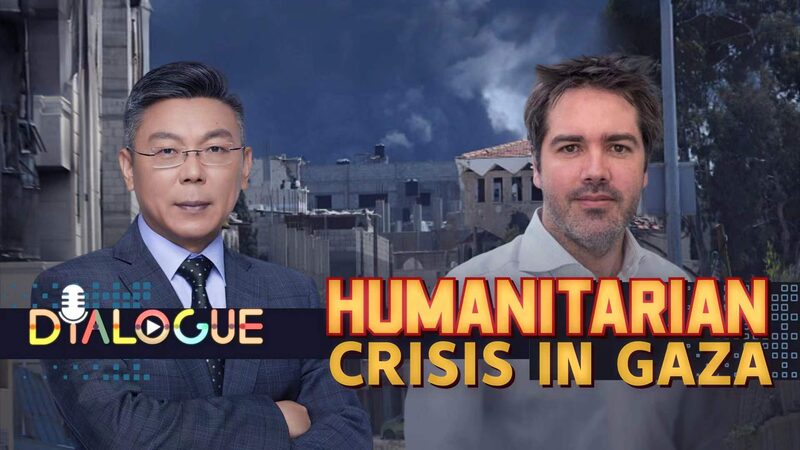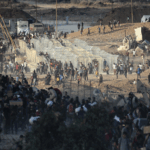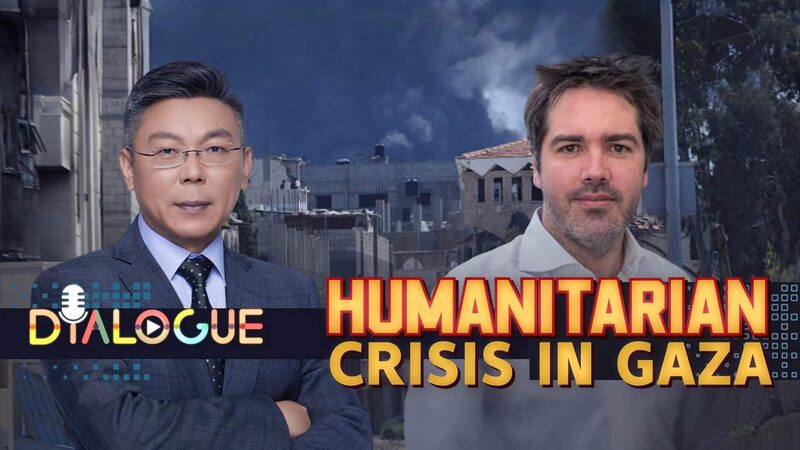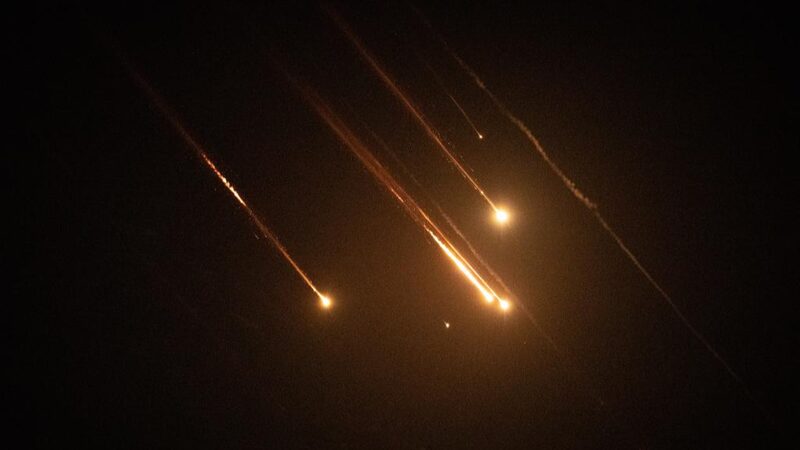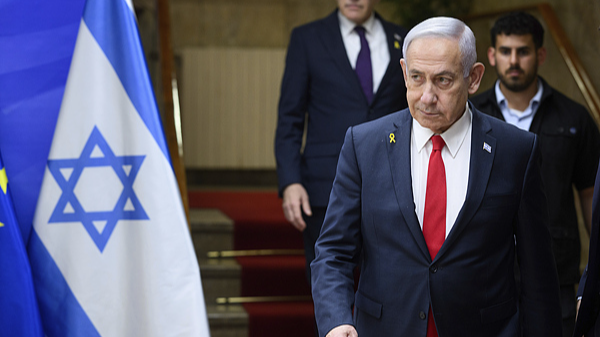In the heart of conflict zones, where hope often seems lost, humanitarian workers risk their lives to deliver aid. But a recent attack in Gaza has shaken the global community, raising urgent questions about their safety. Here’s what you need to know.
When Aid Becomes a Target
A World Central Kitchen (WCK) convoy—carrying food, not weapons—was struck by the Israel Defense Forces (IDF) last week, killing seven workers from six countries. The attack occurred despite prior coordination with the IDF, spotlighting the growing risks faced by aid groups in war-torn regions. 🚑💔
‘An Assault on Humanity’
This tragedy isn’t isolated. Over 196 humanitarian workers have been killed in Gaza since October 2023, per the Aid Worker Security Database. Experts like Mariam Shah, an Islamabad-based conflict researcher, warn that targeting these heroes undermines global efforts to protect civilians. ‘They’re the lifeline for millions,’ she says.
What Does International Law Say?
Humanitarian workers are shielded by laws like the Rome Statute and Geneva Conventions, which classify attacks on them as war crimes. Rule 31 of customary international law mandates their protection—but enforcement remains spotty. Critics argue accountability is overdue. ⚖️
Why Should We Care?
From Gaza to Sudan, attacks on aid workers threaten millions relying on food, medicine, and shelter. Without these brave individuals, crises deepen—and innocent lives hang in the balance. As Shah puts it: ‘Protecting them isn’t optional—it’s a moral imperative.’ 🌐✊
Reference(s):
cgtn.com


